Imperial College London: Statistics
Updated:


| Position | Category |
|---|---|
| #45 of 14,131 | In the World |
| #5 of 2,785 | In Europe |
| #5 of 163 | In the United Kingdom |
| #4 of 131 | In England |
| #2 of 35 | In London |
| #5 of 2,297 | For Renewable Energy Engineering |
| Top100 | For 178 other topics |
Quick Review
- Enrollment
- 17,565
- Type
- Non-profit
- Funding
- Public-private
partnership - Highest Degree
- Bachelor
- Website
- www.imperial.ac.uk
- Languages
- English
- Acceptance rate
- 40%*
* Imperial College London is among the institutions that don't provide data on acceptance rates. This might happen because the university has programs where applicants only need to meet admission requirements to enroll and don't necessarily compete with others.
We estimate the above acceptance rate based on admission statistics of closely ranked nearby universities with similar research profiles that do publish such data.
Acceptance rate & Admissions
| Admissions Requirements | General Certificate of Education (GCE) with 3 subjects at Advanced ('A') level, or recognized equivalent |
|---|---|
| Academic Calendar | October to June. Dates of terms for the School of Medicine differ |
| Enrollment | 17,565 |
Research profile
Imperial College London is a world-class research university with 299,613 scientific papers published and 12,508,635 citations received. The research profile covers a range of fields, including Biology, Chemistry, Engineering, Physics, Medicine, Computer Science, Environmental Science, Quantum and Particle physics, Liberal Arts & Social Sciences, and Genetics.
Imperial College London majors
by publication & citation count
Annual publication & citation counts
| Year | Publications | Citations |
|---|---|---|
| 1992 | 1636 | 27893 |
| 1993 | 1726 | 29180 |
| 1994 | 1762 | 30427 |
| 1995 | 1983 | 33615 |
| 1996 | 2496 | 36791 |
| 1997 | 2415 | 38397 |
| 1998 | 2883 | 43621 |
| 1999 | 2995 | 50925 |
| 2000 | 3424 | 59042 |
| 2001 | 3627 | 67924 |
| 2002 | 4482 | 84375 |
| 2003 | 4878 | 100420 |
| 2004 | 5153 | 115863 |
| 2005 | 5741 | 142675 |
| 2006 | 6241 | 164161 |
| 2007 | 6332 | 187602 |
| 2008 | 7267 | 220109 |
| 2009 | 7593 | 251685 |
| 2010 | 8410 | 288594 |
| 2011 | 9166 | 331427 |
| 2012 | 9450 | 381862 |
| 2013 | 9972 | 431273 |
| 2014 | 10751 | 475603 |
| 2015 | 11244 | 513079 |
| 2016 | 11909 | 558668 |
| 2017 | 12880 | 616510 |
| 2018 | 13697 | 674229 |
| 2019 | 14980 | 765414 |
| 2020 | 17027 | 950234 |
| 2021 | 18876 | 1108263 |
| 2022 | 16409 | 1069118 |
| 2023 | 17349 | 1109805 |
| 2024 | 13953 | 1080890 |
Tuition
The tuition table for Imperial College London gives an overview of costs but prices are approximate and subject to change and don't include accommodation, textbooks, or living expenses. The costs of programs might differ significantly for local and international students. The only source of truth for current numbers is the university's official website.
| Program | Tuition Cost (per year) |
|---|---|
| Undergraduate (Home/EU) | £9,250 |
| Undergraduate (International) | £32,000 |
| Postgraduate (Home/EU) | £9,250 - £13,000 |
| Postgraduate (International) | £29,000 - £38,000 |
All costs are in British pounds (GBP).
Imperial College London has financial aid programs and on-campus housing.
Programs and Degrees
The table below displays academic fields with programs and courses that lead to Bachelor's, Master's, and Doctorate degrees offered by Imperial College London.
Note that the table provides a general overview and might not cover all the specific majors available at the university. Always visit the university's website for the most up-to-date information on the programs offered.
| Programs | Bachelor | Master | Doctoral |
|---|---|---|---|
| Art & Design | No | No | No |
| Biology | Yes | Yes | Yes |
| Business | Yes | Yes | Yes |
| Chemistry | Yes | Yes | Yes |
| Computer Science | Yes | Yes | Yes |
| Economics | No | Yes | Yes |
| Engineering | Yes | Yes | Yes |
| Environmental Science | Yes | Yes | Yes |
| Liberal Arts & Social Sciences | No | No | No |
| Mathematics | Yes | Yes | Yes |
| Medicine | Yes | Yes | Yes |
| Physics | Yes | Yes | Yes |
| Psychology | Yes | Yes | Yes |
| Bachelor's Degree | Engineering, Medicine, Natural Sciences |
|---|---|
| Master's Degree | Business Administration, Engineering, Medicine, Natural Sciences |
| Doctorate | Aeronautical and Aerospace Engineering, Bioengineering, Biological and Life Sciences, Business Administration, Chemical Engineering, Civil Engineering, Engineering, Environmental Engineering, Finance, Health Sciences, Management, Medicine, Paediatrics, Physics |
Imperial College London alumni
-
Brian May
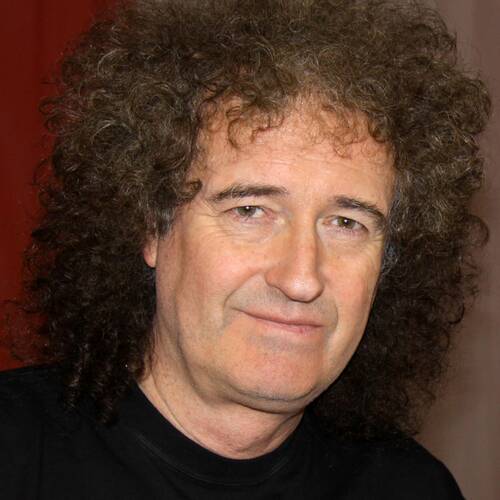
- Enrolled in Imperial College London
- Graduated with Doctor in astrophysics
- Occupations
- composeractorYouTuberlyricistphysicist
- Biography
-
Sir Brian Harold May is an English musician, songwriter, record producer, animal welfare activist and astrophysicist. He achieved worldwide fame as the lead guitarist and backing vocalist of the rock band Queen, which he co-founded with singer Freddie Mercury and drummer Roger Taylor. His guitar work and songwriting contributions helped Queen become one of the most successful acts in music history.
-
Rajiv Gandhi

- Occupations
- politician
- Biography
-
Rajiv Gandhi was an Indian politician who was the prime minister of India from 1984 to 1989. He took office after the assassination of his mother, then–prime minister Indira Gandhi, to become at the age of 40 the youngest Indian prime minister. He served until his defeat at the 1989 election, and then became Leader of the Opposition, Lok Sabha, resigning in December 1990, six months before his own assassination.
-
Alexander Fleming
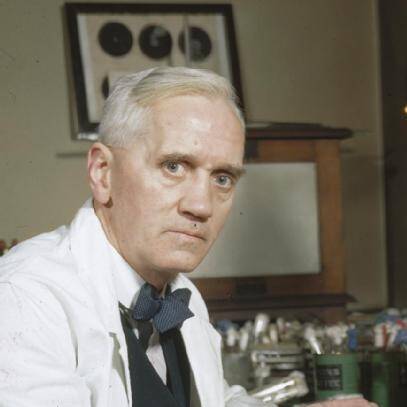
- Occupations
- inventorphysicianpharmacologistsurgeonbacteriologist
- Biography
-
Sir Alexander Fleming FRS FRSE FRCS was a Scottish physician and microbiologist, best known for discovering the world's first broadly effective antibiotic substance, which he named penicillin. His discovery in 1928 of what was later named benzylpenicillin (or penicillin G) from the mould Penicillium rubens has been described as the "single greatest victory ever achieved over disease". For this discovery, he shared the Nobel Prize in Physiology or Medicine in 1945 with Howard Florey and Ernst Chain.
-
Hassan II

- Occupations
- politicianmilitary leaderentrepreneurchancellordiplomat
- Biography
-
Hassan II was King of Morocco from 1961 until his death in 1999. A member of the Alawi dynasty, he was the eldest son of King Mohammed V, and his second wife Princess Abla bint Tahar.
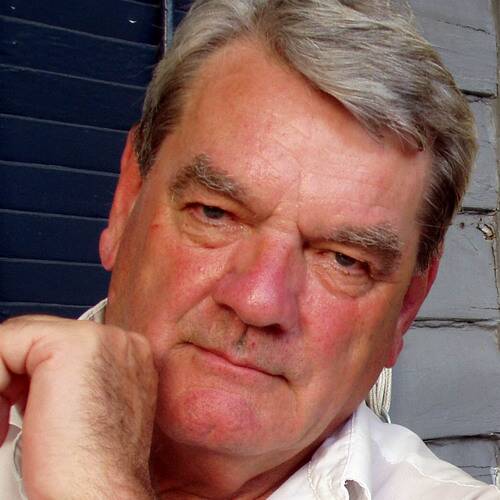
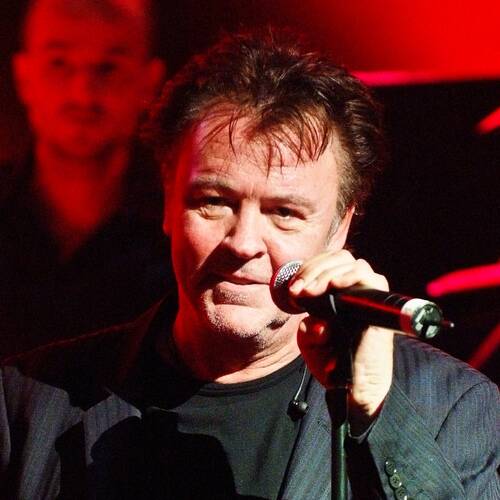


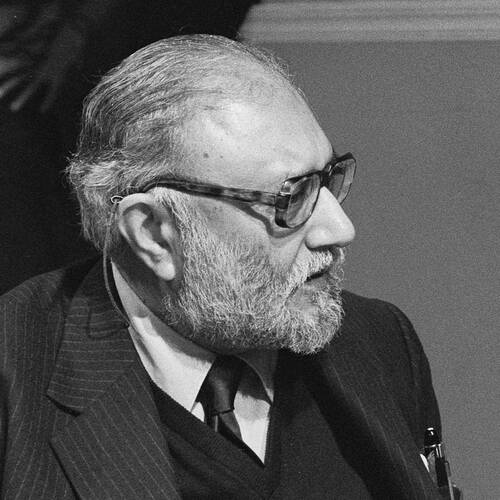
Imperial College London faculties and divisions
| Centre : Co-Curricular Studies | Ethics, History, Modern Languages, Music, Philosophy, Political Sciences, Writing |
|---|---|
| Centre : Environmental Policy | Environmental Studies |
| Centre : Population Biology | Biology, Demography and Population, Ecology, Environmental Management |
| Faculty : Engineering | Aeronautical and Aerospace Engineering, Bioengineering, Chemical Engineering, Civil Engineering, Computer Science, Earth Sciences, Electrical and Electronic Engineering, Environmental Engineering, Materials Engineering, Mechanical Engineering |
| Faculty : Medicine | Anaesthesiology, Biomedicine, Cardiology, Clinical Psychology, Epidemiology, Medicine, Neurosciences, Obstetrics and Gynaecology, Oncology, Paediatrics, Pneumology, Psychiatry and Mental Health, Rheumatology, Surgery |
| Faculty : Natural Sciences | Biological and Life Sciences, Biology, Cell Biology, Chemistry, Environmental Studies, Mathematics, Molecular Biology, Physics |
| School : Business | Accountancy, Business Administration, Economics, Finance, Health Administration, Management, Marketing |
General information
| Founded | 1907 |
|---|---|
| Motto | Scientia imperii decus et tutamen |
Location and contacts
| Address | South Kensington Campus London, SW7 2AZ United Kingdom |
|---|---|
| City population | 8,800,000 |


